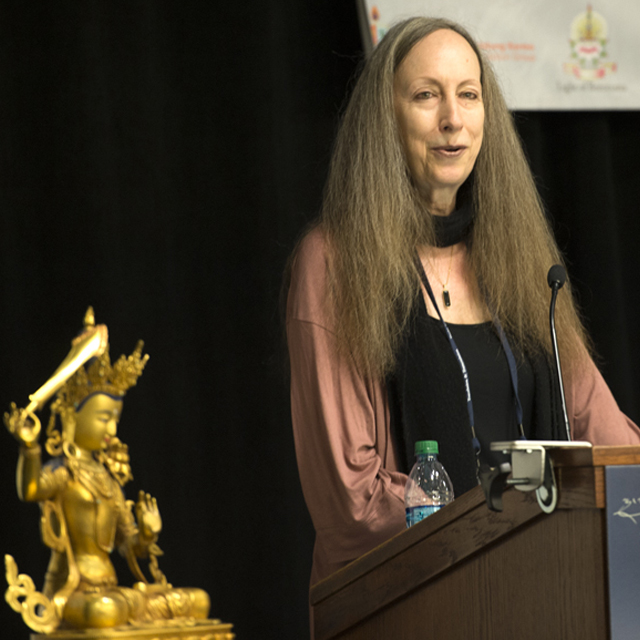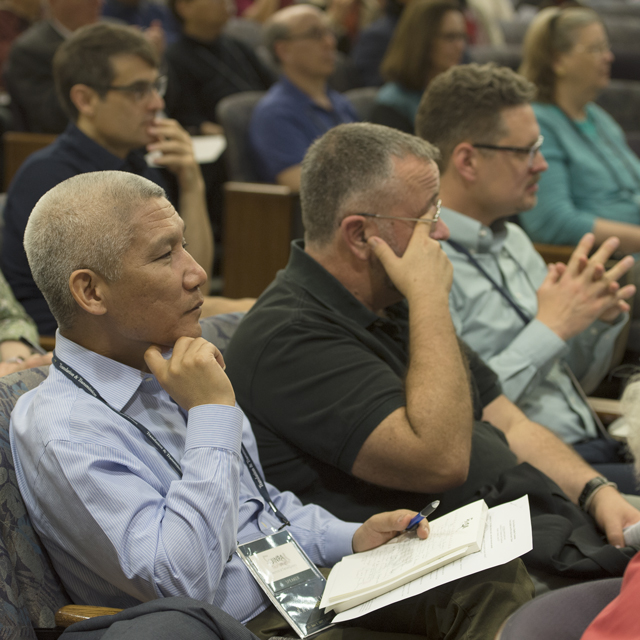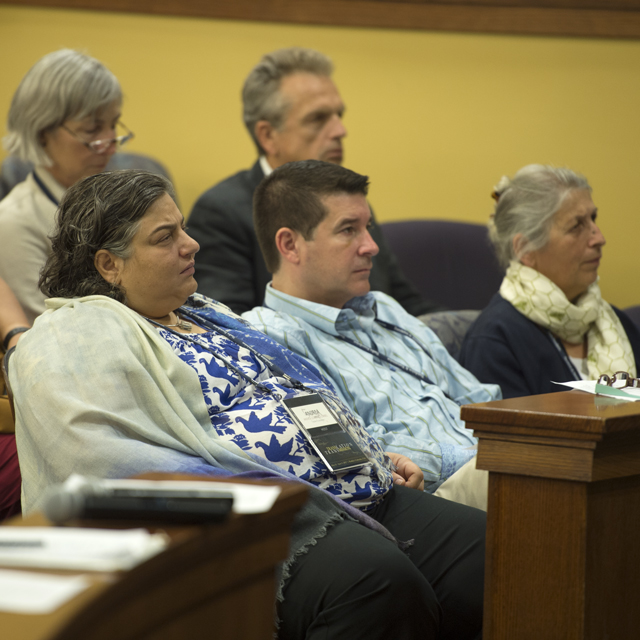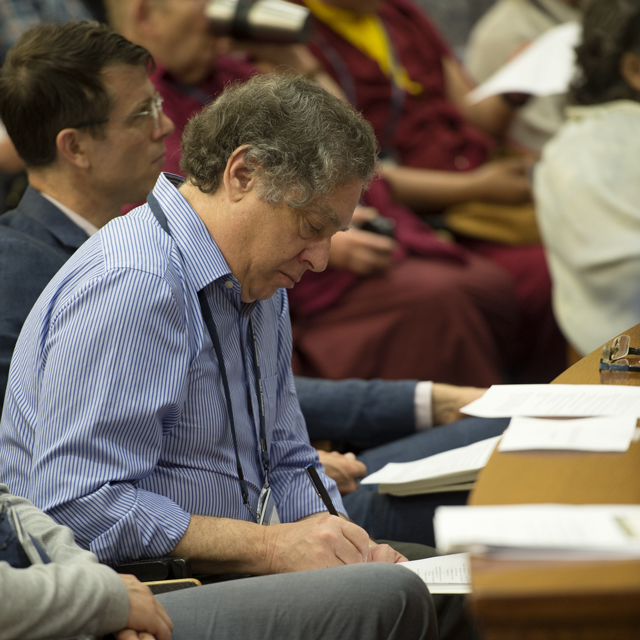The Proto-History of Buddhist Translation: From Gāndhārī and Pāli to Han-Dynasty Chinese
Discussions of the history of Buddhist translation usually begin with China, where in the middle of the second century Buddhist scriptures were translated into a non-Indian language for the first time. Yet the process of translation itself began many centuries earlier, when the words of the Buddha were rendered into a multitude of Indian vernaculars. Beginning with a brief sketch of these intra-Indian translations, I will then turn to the earliest Chinese Buddhist translations, focusing on the variety of “translation policies” used by their second-century translators and comparing them with the strategies subsequently employed in Tibet and elsewhere. I will conclude with a few remarks on the special challenges posed by translating these foundational works into English, in particular how best to proceed when “translating a translation.”
Event: TT Conference 2017 – Keynote Lecture
Date: June 2, 2017 – 9:00 am
Speaker: Jan Nattier
Topics: Chinese Language, Early Buddhism, History, Old Traditions, Pali Language, Translation

Jan Nattier
Hua Hin, Thailand
Jan Nattier did her undergraduate work in comparative religion (specializing in Buddhism) at Indiana University, where she also began graduate training in the Department of Uralic and Altaic Studies. She completed her PhD at Harvard University under the Committee on Inner Asian and Altaic Studies (specializing in classical Mongolian and Tibetan). She has taught at Macalester College, the University of Hawai’i, Stanford University, Indiana University, and the University of Tokyo, in addition to serving as a member of the International Research Institute for Advanced Buddhology (Soka University). Her monographs include Once Upon a Future Time: Studies in a Buddhist Philosophy of Decline (Asian Humanities Press, 1991), A Few Good Men: The Bodhisattva Path according to the Inquiry of Ugra (Ugraparipṛcchāsūtra) (University of Hawai’i Press, 2003), and A Guide to the Earliest Chinese Buddhist Translations (Soka University, 2008).





